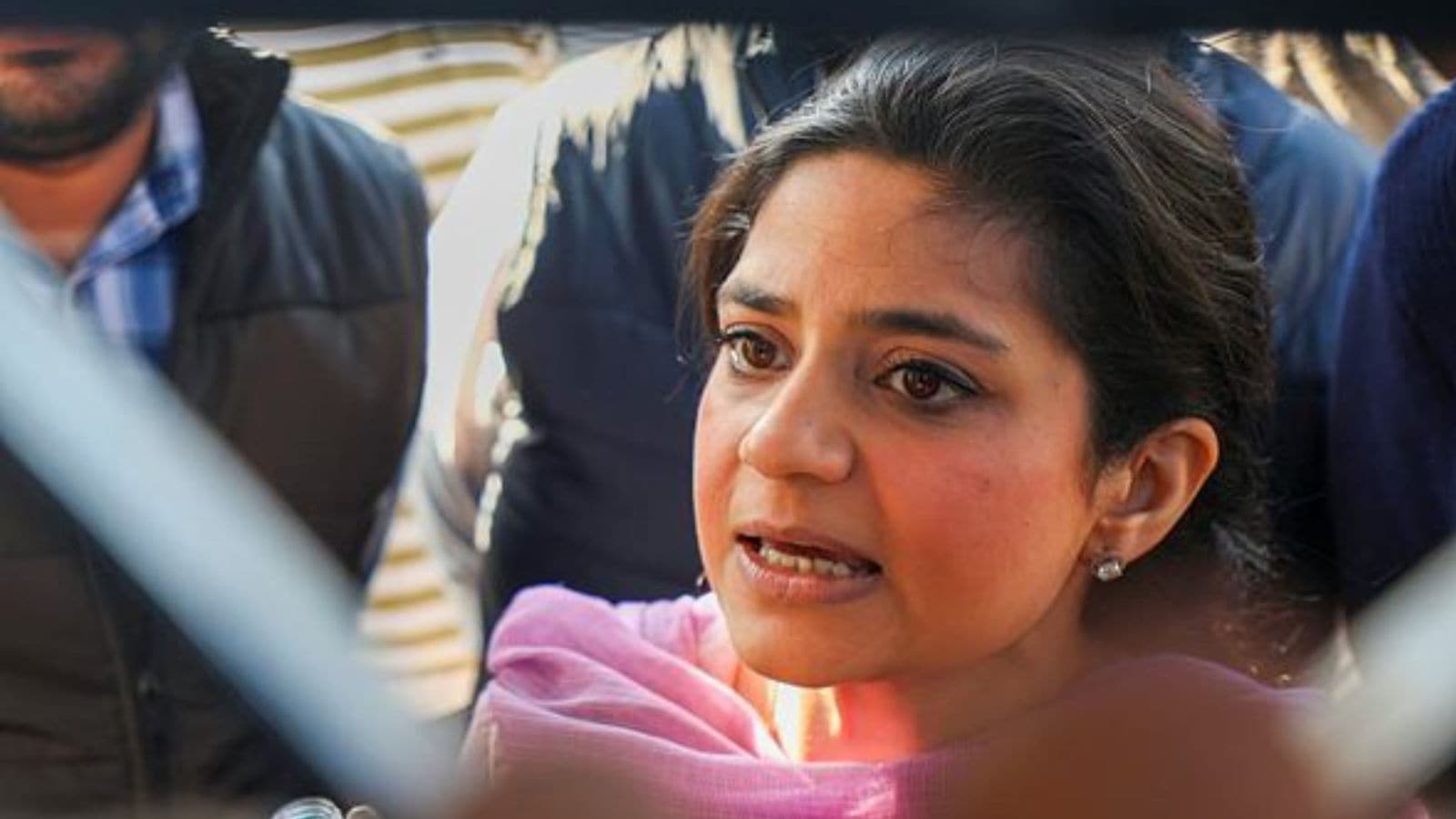 |
|
The recent suicide of 26-year-old Makhan Din in Kathua, India, has ignited a political firestorm, with accusations of police brutality and a subsequent cover-up dominating the narrative. Din's death, following a video alleging police torture, prompted a visit from PDP leader Iltija Mufti to his family. This seemingly simple act of condolence has escalated into a major political controversy, as two of Mufti's personal security officers (PSOs) were suspended following the visit. The suspension, according to Mufti, is unjustified and points to a larger effort to silence dissent and suppress the truth surrounding Din's death. The incident highlights the deep-seated issues of police accountability and the pervasive culture of impunity that seemingly allows such alleged abuses to occur with little to no consequence for the perpetrators.
Mufti's claim that her PSOs were suspended for simply allowing her to visit the grieving family raises serious questions about the government's motives. The lack of action against the Station House Officer (SHO) implicated in the alleged torture, despite Mufti's public accusations, suggests a deliberate attempt to shield the police from accountability. This perceived bias further fuels the public outcry and reinforces the perception of a systemic failure to protect citizens from police misconduct. The narrative presented by Mufti paints a picture of a police force operating with impunity, using intimidation and extortion to maintain control, and targeting those who dare to speak out against them. Local residents, according to Mufti's testimony, reportedly face threats of being labeled as militant sympathizers if they don't comply with the police's demands.
The lack of swift action by Chief Minister Omar Abdullah and Union Minister Jitendra Singh further exacerbates the situation. Their silence on the alleged custodial torture and suicide casts a shadow of doubt on their commitment to justice and raises concerns about a potential political cover-up. The demand for a thorough, independent investigation, particularly by the CBI, is not simply a call for legal process; it's a demand for transparency and accountability in a system where trust in law enforcement has eroded. The fact that a magisterial probe has been ordered, to be conducted by a naib-tehsildar, and a departmental inquiry by the DIG, has been met with skepticism by former J&K Advocate General Mohammad Aslam Goni, who rightly questions the credibility of these internal inquiries. He argues for an independent body to investigate, citing Supreme Court judgments that highlight the inadequacy of internal inquiries in uncovering the truth in cases of alleged custodial torture.
The former Advocate General's insistence on treating Makhan Din's video as a 'dying declaration' underscores the gravity of the situation. His assertion that this should be sufficient grounds for a criminal case against the accused officers shows how critical evidence could be overlooked or dismissed if an independent and impartial investigation isn't conducted. The entire episode reflects a breakdown in the mechanisms designed to ensure police accountability and protect citizens from abuse. The government's response, or rather lack thereof, has failed to inspire confidence in its commitment to justice. The silence from the top officials contrasts sharply with the public outcry and underscores the need for urgent intervention to address the deeply rooted issues of police misconduct and impunity in the region. This incident calls for a fundamental review of police training, oversight, and accountability to prevent such tragedies from recurring.
Beyond the immediate political ramifications, this case highlights a broader societal concern. The alleged use of intimidation and extortion by the police, combined with the perceived lack of political will to address the issue, creates an environment of fear and distrust. This erodes public confidence in the rule of law and hinders the ability of citizens to seek redress for grievances. The lack of accountability for police misconduct not only undermines the justice system but also undermines the very fabric of a democratic society. The silence surrounding the issue creates a dangerous precedent, emboldening potential perpetrators and further eroding public trust. The need for a thorough, transparent, and independent investigation into Makhan Din's death is not merely a legal necessity; it is a moral imperative to ensure justice for the victim and prevent similar tragedies in the future.
